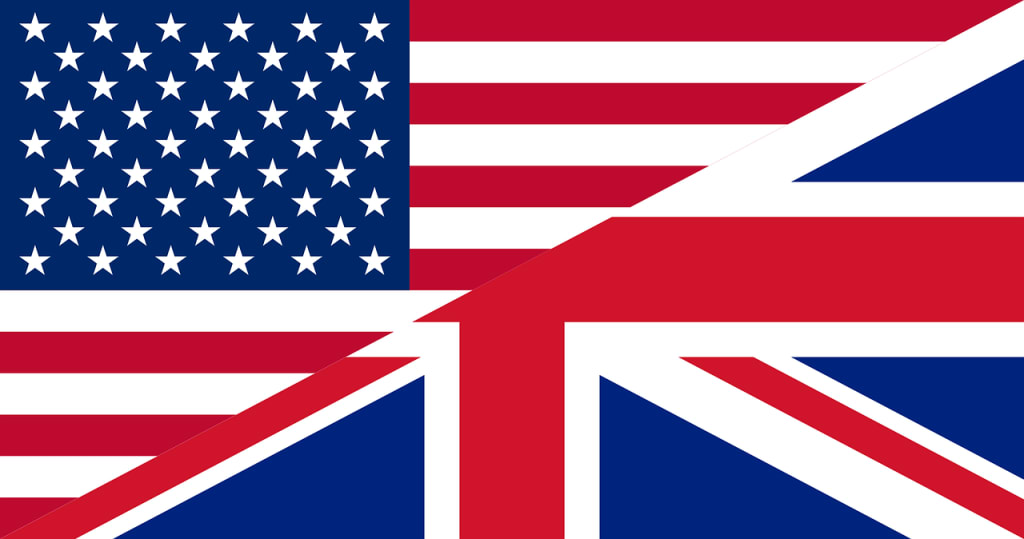4 "Americanisms" Older Than Their British Counterparts
The US may be a younger country, but that doesn't mean every aspect of its language is younger too

British and American English are the same language, but they have their fair share of differences. These differences can be enough to sometimes cause confusion when speakers from one country talk to one another.
Because the United States is a younger country than the United Kingdom—and, likely, because English developed in England originally—many people assume that these differences are a result of Americans making their own changes to the language, but this isn’t always the case. Some of these differences are a result of Americans keeping an older form of a word while the British changed it.
Here are five differences between British and American English where the American version is older.
1. “Expiration date”
In the US, if you’re looking in your fridge to see if food needs to be thrown out, then you’d be looking for the expiration date. In the UK, you’d be looking for the expiry date. At first glance, you’d probably guess that the two words are related and might even realize that they mean the same thing without needing to be told.
The word “expiration” itself can be traced back to 1526, though back then it only meant “death.” That changed by the 1560s. By then, “expiration” had begun to mean “termination, end, close." “Expiry” is a much newer word in comparison as it was used in 1752 with the broad sense of something ending.
The phrase “expiration date” itself was first used in 1946 to reference the date at which something could no longer be used. “Expiration date” also seems to appear more commonly in British writing than “expiry date” does in American writing.
2. “Gotten”
When Americans use “get” in the past participle, they turn it into “gotten,” whereas Brits will use “got.”
Here is an example:
- US English: She’s gotten a lot of clothes recently.
- UK English: She’s got a lot of clothes recently.
(An important note: The past participle is different from the past tense for “get,” which is “got” in both US and UK English. For example, both US and UK English speakers would say, “I got home at seven last night.”)
“Gotten” is the older past participle form. It was the form that English speakers were using when US English began diverging from UK English. UK English speakers shifted to using “got” as the past participle around 1700, while speakers of US English stuck with “gotten.”
3. “Math”
Americans shorten “mathematics” to “math,” while UK English speakers say “maths.” Supporters of “maths” like to point out that “mathematics” is plural, which means the shortened version should be too, but it isn’t as simple as that.
Merriam-Webster lists “mathematics” as “plural in construction but usually singular in form.” For example, many people would say, “Mathematics is difficult.” They would be less likely to say, “Mathematics are difficult.” Despite the ‘s’ on the end of the word, it’s being used as a singular noun. Because “mathematics” does have an ‘s’ at the end, having one at the end of the shortened version isn’t wrong either. It’s just two different ways of shortening the word.
Still, “math” is the older of the two shortened forms. Its first recorded use was in 1847. The first recorded use of “maths” was in 1911.
4. “Period”
Speakers of US English use the word “period” when talking about the little dot that marks the end of sentences. Speakers of UK English, on the other hand, use “full stop” for the same dot.
These two terms are almost the same age, but “period” is a little bit older. “Full stop” was first used in 1643. “Period” was first used in 1532 to mean “a sentence.” It came to mean the mark at the end of a sentence a bit later around 1600. Both terms would have been around when UK and US English were diverging from each other, but different words stuck around in both places.
English is always changing. New words are added to the language while old ones fall out of use. Sometimes the history of these changes can be surprising, but that’s what makes them so fun to learn about.





Comments
There are no comments for this story
Be the first to respond and start the conversation.